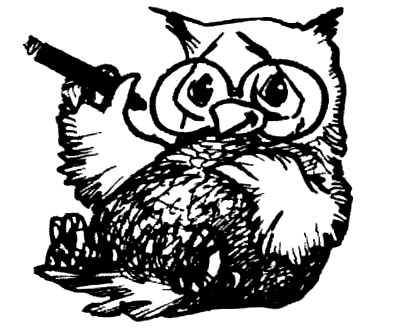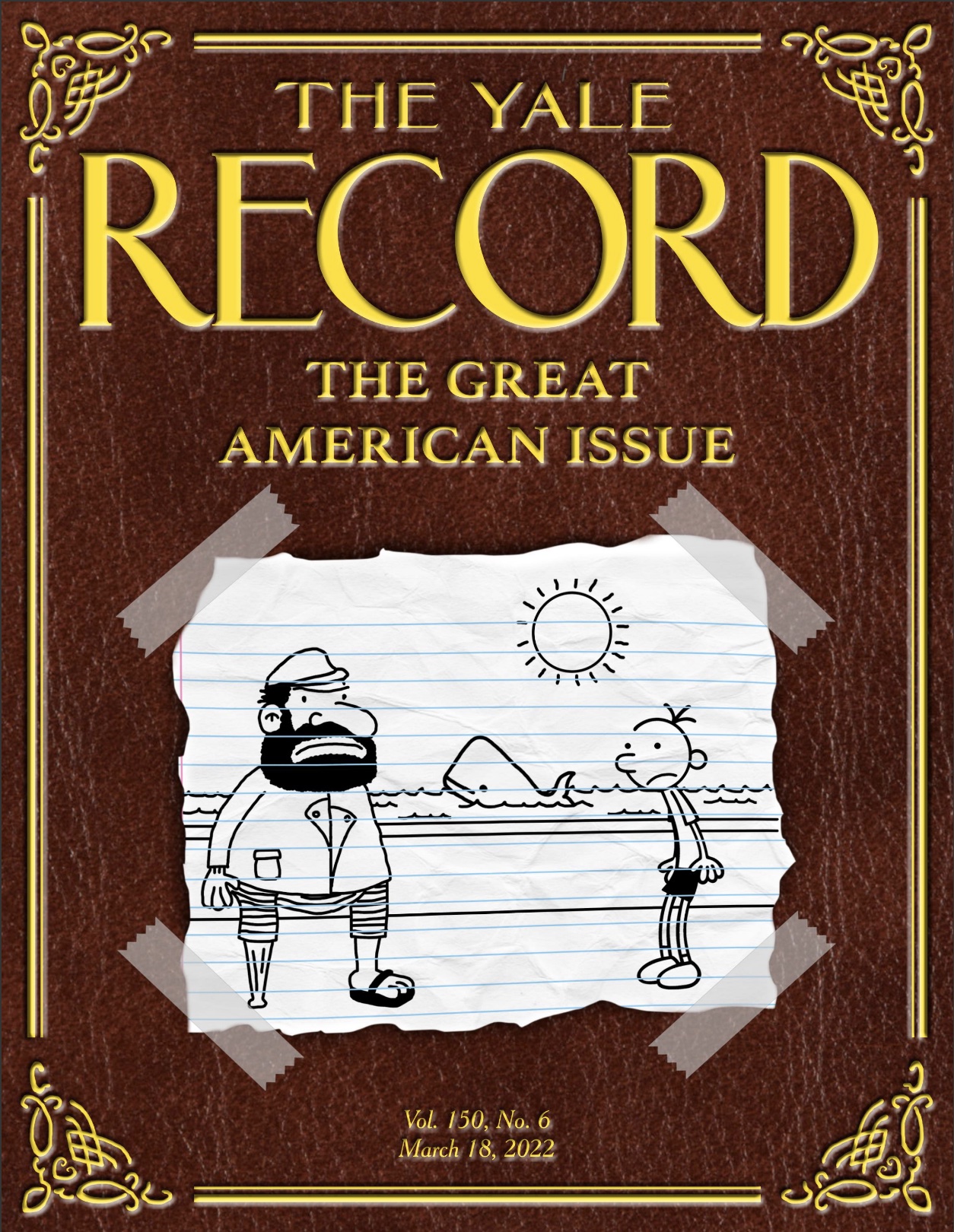American poet and author Sylvia Plath died at the age of 30 in 1963. Her only novel, The Bell Jar, is now considered a classic. For decades, many have speculated that Plath left behind a manuscript for a second novel. I am among these speculators, but unlike the rest of the masses, I don’t just sit back and think there’s nothing I can do about it. No, I take action. With a lot of money and a little bit of hard work, I am pleased to share my findings.
In order to find the manuscript, I had to travel to the storied land of Britain, England, where I found Plath’s London “flat” currently occupied by a traditional British “family.” After speaking with the “mum” and “pop,” I learned that the flat had gone through numerous renovations in the past sixty years. This presented my first challenge; it wouldn’t be as simple as finding a manuscript on her desk and saying, “Aha!”
I then asked the family if they had a shredder (which they pronounce in Britain as “shred-dah”), and they directed me to it, but I soon learned that they brought the shredder, along with most other items in the house, with them when they moved in 2015.
After a while I got antsy, and these Brits were not too keen on that. They told me I had interrupted a family meeting about their impending divorce. I told them it was okay because my parents are divorced too. They kicked me out, and I was back to square one. Still, I had a feeling that if the manuscript was anywhere, it was here… And boy, am I glad I trusted my gut. I stumbled upon a dumpster not far from the flat, and after a thorough search I found numerous pieces of paper. This had to be it.
I flew back home, papers in tow, and started to piece together the manuscript, which was vastly different from The Bell Jar. Instead of the stories of working in New York and receiving electroconvulsive therapy, Plath had dropped the narrative structure entirely. At one point, she included coupons for a London grocery store. Later on, she created a science test taken by a fictional second grader named “Bobby,” who got almost everything wrong. There were receipts for liquor stores, each one more expensive than the last, and a series of family photos, many with devil horns, buck teeth, and speech bubbles that said, “I’m the Bloody Worst!” drawn on the dad.
I was in awe of Plath’s genius. Through this slate of entirely fictional documents, she allows the reader to piece together a story in their own mind. As I finally got the manuscript in order, I thought to myself, “Wow. She’s done it again.” And to think that this masterpiece was sitting in a dumpster for all those years!
Some people might say I’m the biggest hero in the history of literature. And I am one of those people. You’re welcome, and good night.
—K. Walsh

